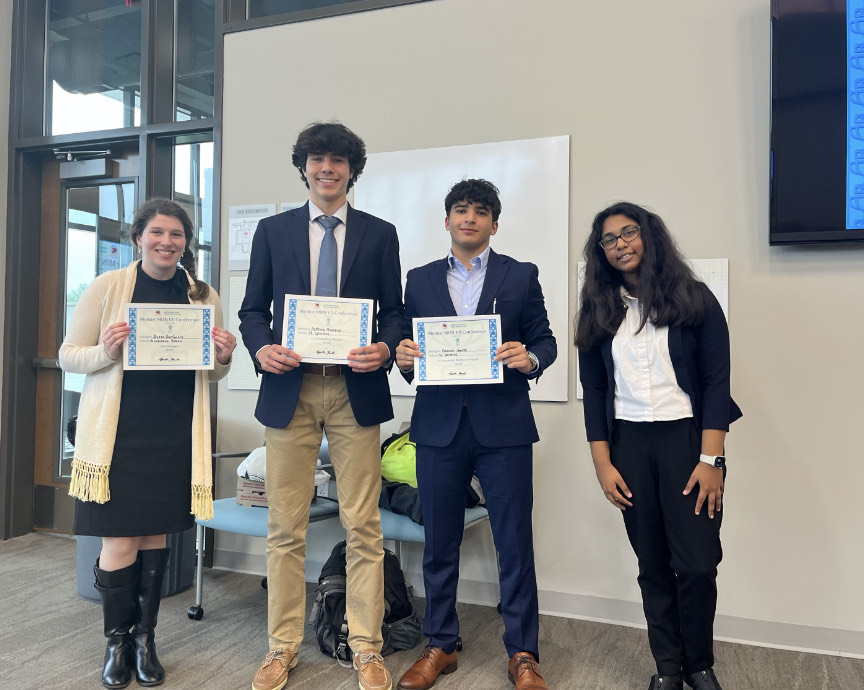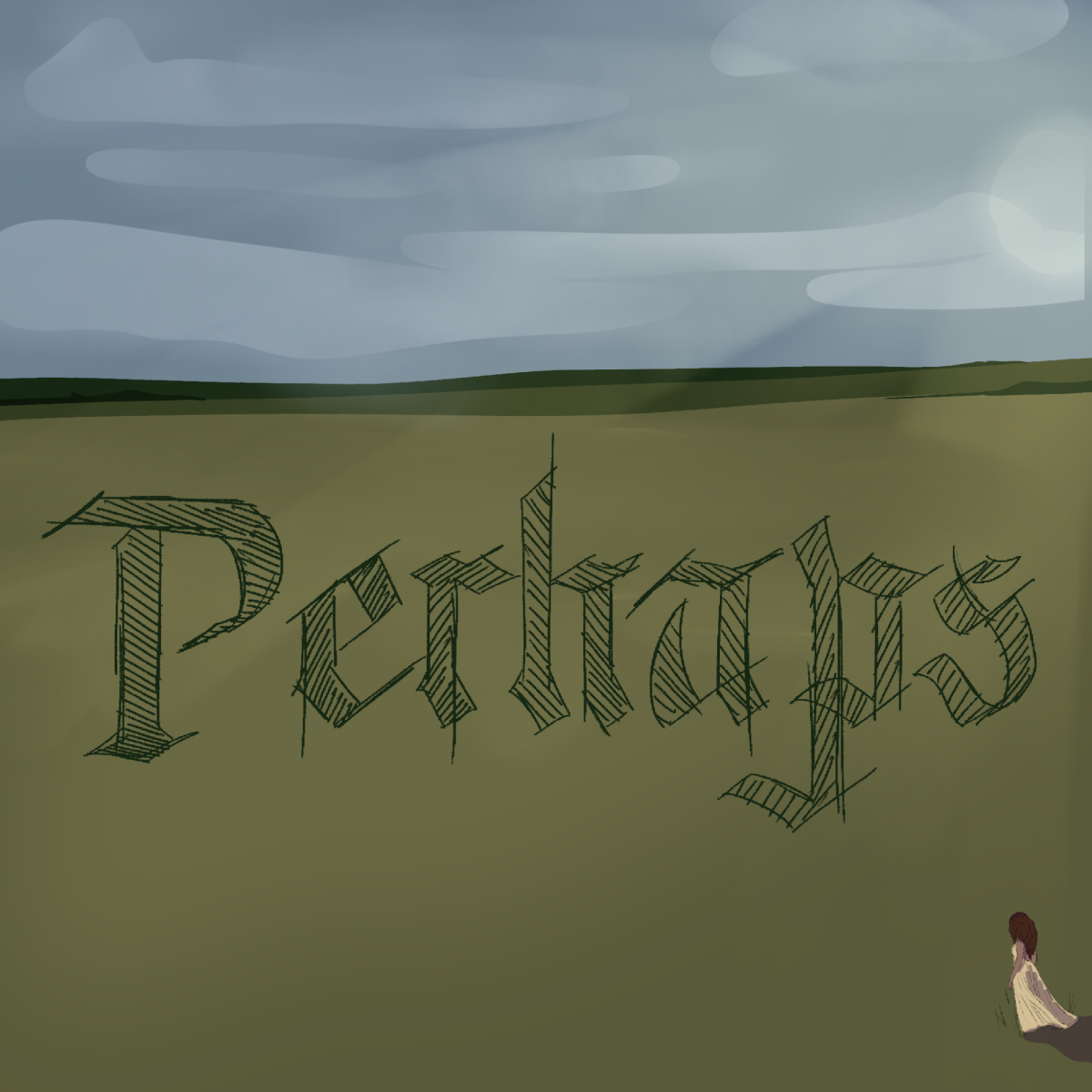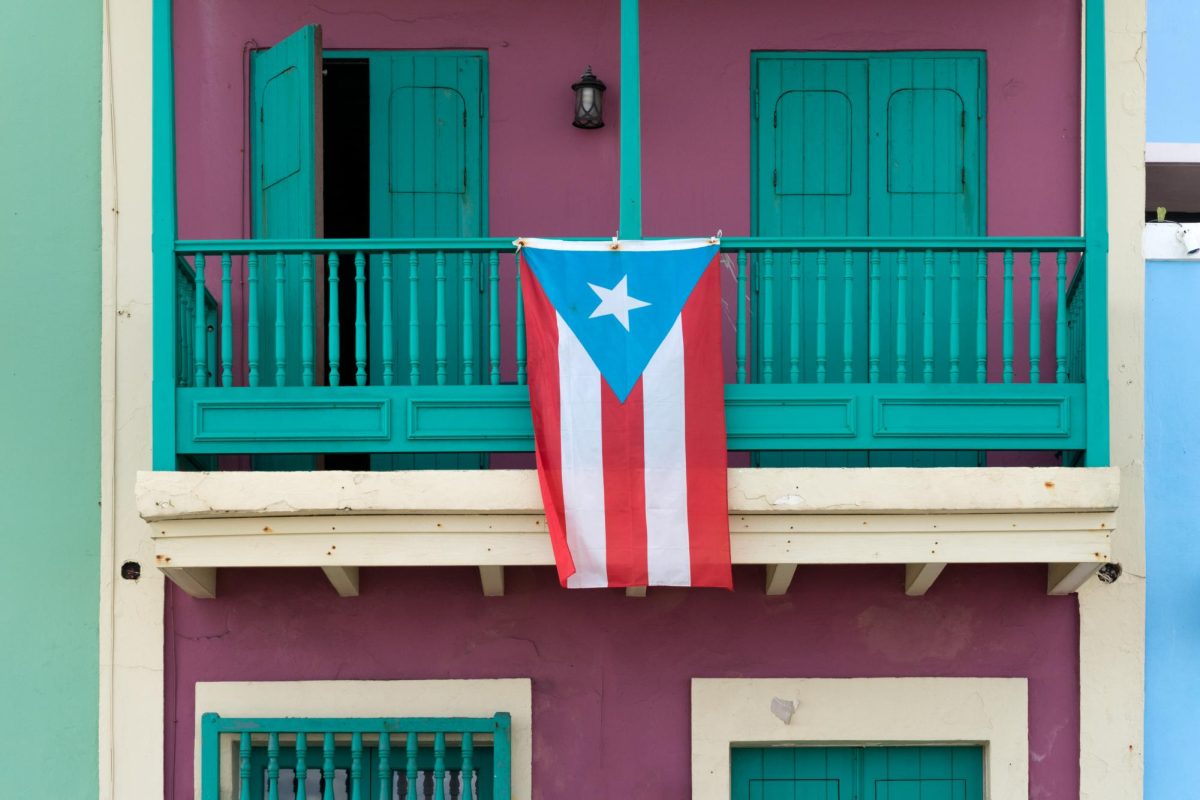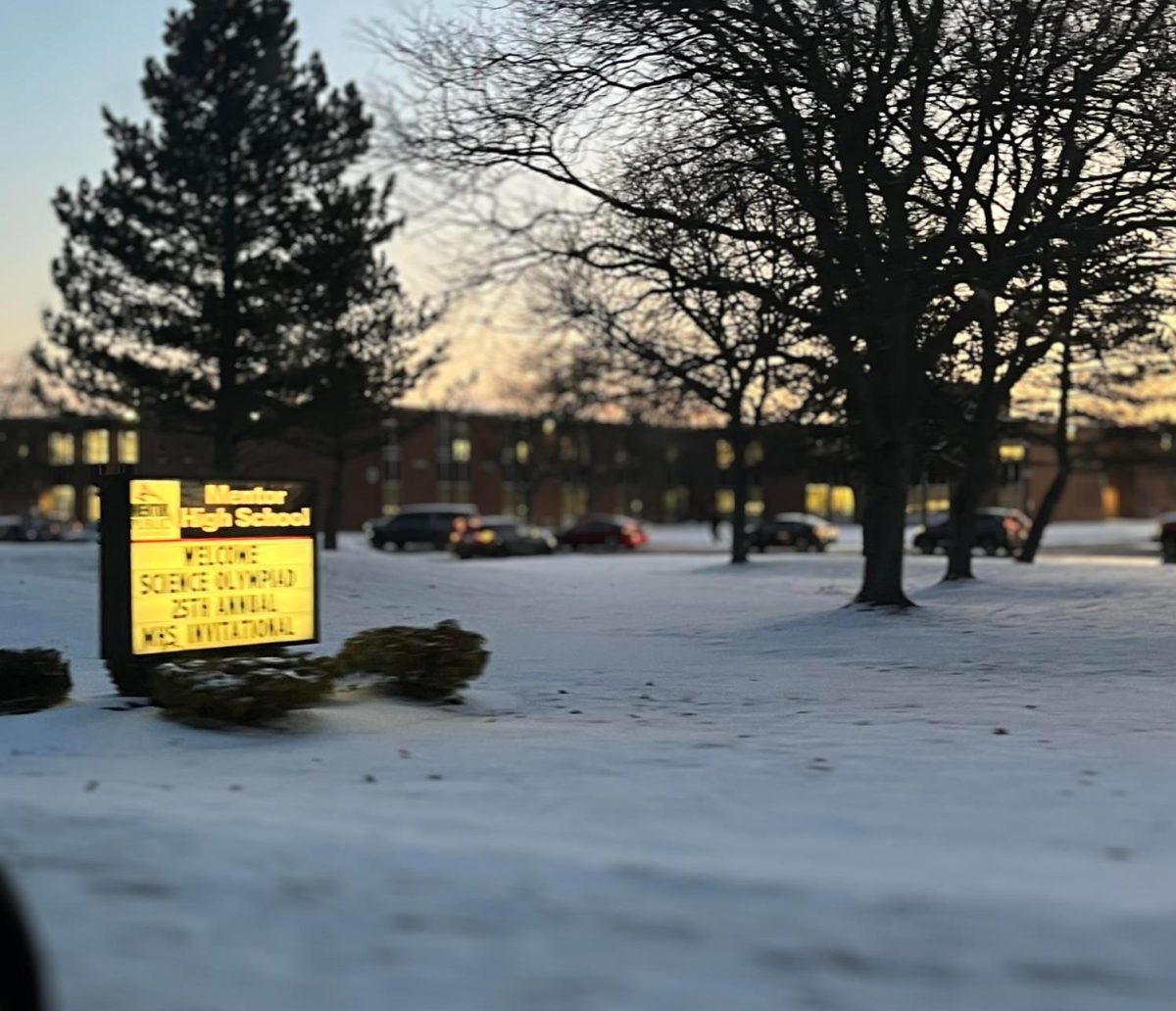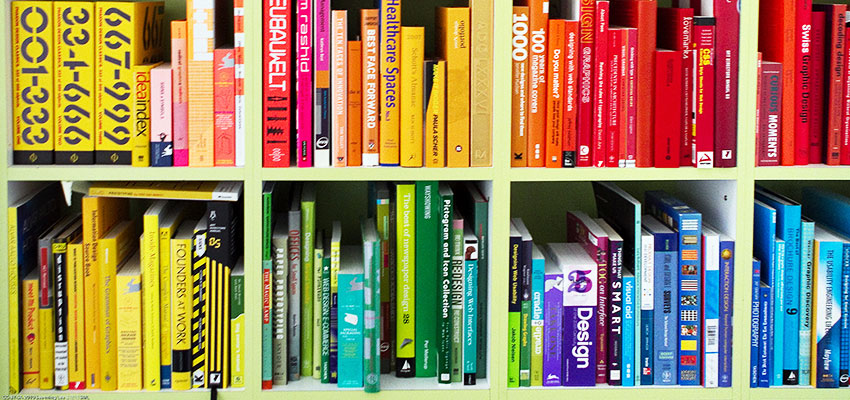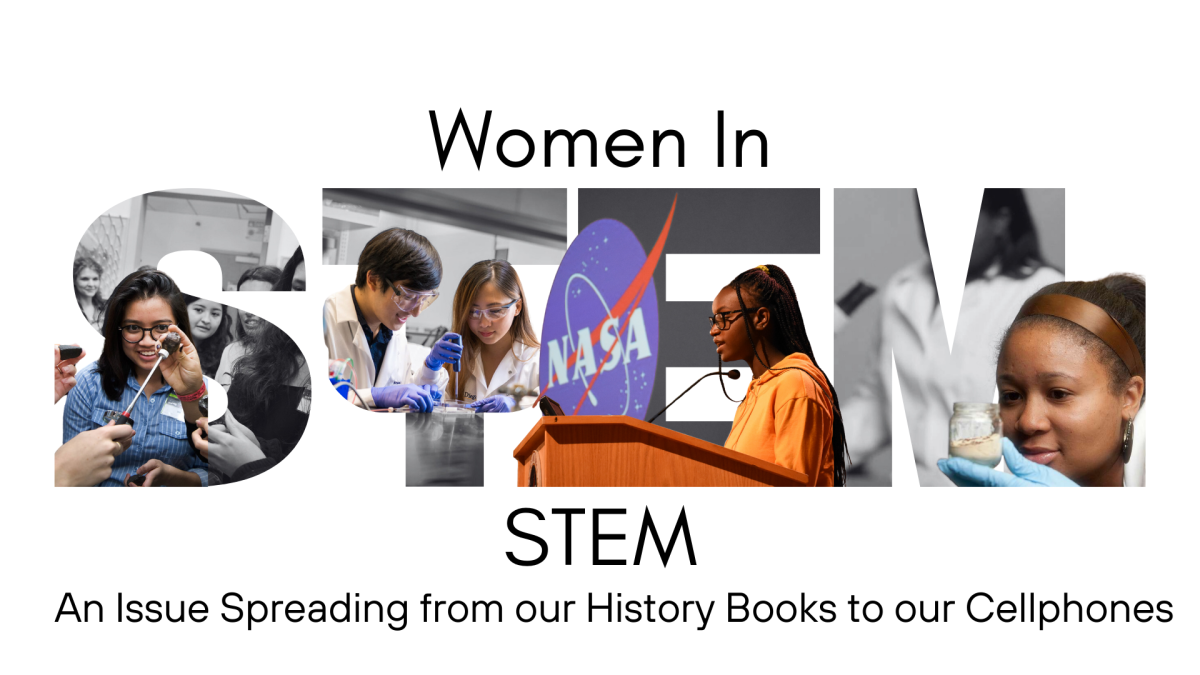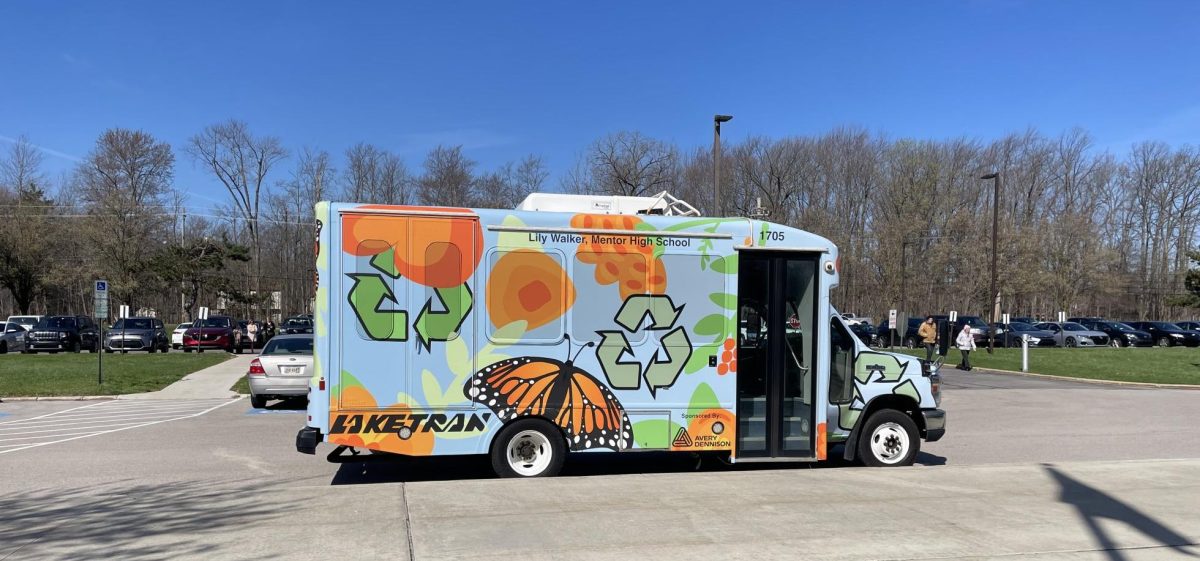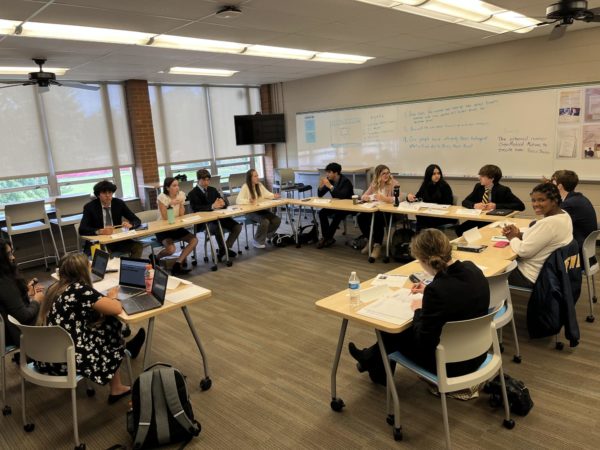
On October 13th and 14th, MHS became a stage for world issues, hosting students from St. Edward, Madison, St. Ignatius, Archbishop Hoban, Laurel, Lakeside, and Revere for the seventh annual Mentor High School Model United Nations Conference (MHSMUN VII).
Over 80 delegates from across Northeast Ohio graciously sacrificed their NEOEA weekends in exchange for strategic debate on world issues mirroring the actions of nations across the globe. Students were presented with both real and fictional scenarios based on real-world issues, juggling a multitude of pressing problems at once. They were asked to collaborate to come up with solutions in the best interest of their cabinet, country, and the officials they represent.
Mentor’s annual conferences are especially unique; Mentor specifically hosts “crisis conferences,” where cabinets are sporadically bombarded with a total of 12 different crises that are pre-written by the Mentor MUN Secretariat. Each crisis is designed to present a fictional impending issue that students must react to. Rather than representing delegates in UN committees like the Security Council or World Health Organization, each student plays the role of a cabinet member of a certain country. Each room, or cabinet, consists of 10-13 students representing real cabinet officials. Delegates collaborated with each other to write directives, mini action-based resolutions, and interact with members of other cabinets through summits to reach diplomatic solutions. Each delegate also had a set of unique powers that they could exercise over the course of the cabinet, ranging anywhere from tariffs and nuclear testing to minister kidnappings.
The conference kicked off at the ripe time of 9 a.m. on Friday morning, with students gathering in the Paradigm for opening ceremonies. Mentor’s Economic Director, Mr. Kevin Malecek, delivered a keynote address to begin the day’s discussion of foreign affairs. Debate started at 10 a.m., prompting a string of diplomatic action.
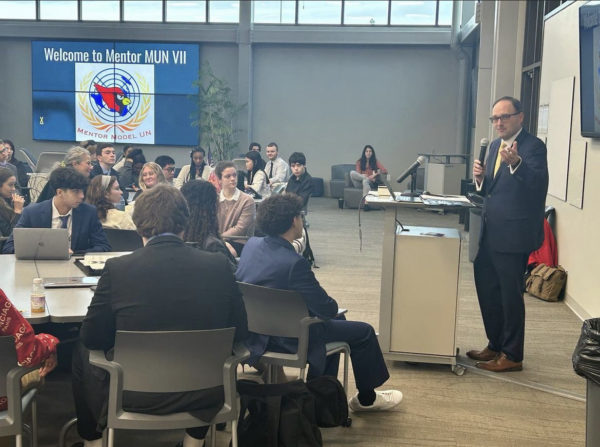
This year, the cabinets represented those of the United States, China, North Korea, South Korea, Russia, Ukraine, Israel, and Iran with the theme of “History Repeats Itself.” With two ongoing conflicts, one of which being unforeseen just a week before the conference itself, the weekend was also impacted by real-life events. The Israeli and Iranian delegates in particular often found that the course of their debate was impacted by events in real time. One of MHSMUN’s cabinets even wrote up a directive that paralleled decisions made by actual officials mere moments later.
“I hope that the conference served as a reminder of [current issues] and [brought] some light to the issues that the UN and affiliated countries are facing right now,” said Mentor MUN co-president Isabel Quinones.
Towards the more productive portion of the conference, delegates worked diligently to survive bombings, cyberattacks, and the issue of landmines. South Korea, Ukraine, and Israel created a trade alliance called SKUI, an acronym that mysteriously rearranged itself into SUKI (South Ukraine, Korea, Israel? We will never know). A multitude of directives and press releases were passed to announce alliances, military action, and aid to current conflict zones. A number of defectors also graced many of the cabinets, making secrecy a challenge across the nations. The (fake) assassination of the Ukrainian president by radioactive bananas, a number of defections, the kidnapping of Taylor Swift, the Russian welcoming of Travis Kelce, and an Iranian-Israeli paper snowball fight (which was quite enjoyable) were key events toward the latter portion of the conference, unofficially entering a period called “fun MUN.”
Overall, the conference had its healthy dose of fun while also maintaining productivity and policy. Strategic thinking, teamwork, and communication were at the heart of the MUN fun at Mentor.
“I really enjoyed how it was a team-based activity,” one of the delegates in attendance told Cardinal Nation.
Mentor’s Model UN team of over 30 students spent a number of weeks planning for the conference, writing a plot, and creating delegate resources. Cabinets were staffed by Mentor MUN students, with students serving as chairs, co-chairs, monitors, and runners. The team was also able to welcome back two Mentor MUN alumni, Zach Payne and Juliana Gunvalsen, who co-chaired this weekend.
With Chromebooks situated in each room, monitors could watch each room’s activity from the upper HUB to assess the situation of each cabinet and judge students for awards. Runners assisted in delivering documents, notes, and delegates between cabinets. Chairs and co-chairs guided the debate in each cabinet. Chairs directed and ran the parliamentary procedure (although typically light at Mentor MUN conferences) while co-chairs kept tabs on updates and noted cabinet events and decisions. Chairs and co-chairs represented national leaders, often presidents, vice presidents, prime ministers, and dictators. Because of this, chairs were often able to manipulate debate as to how these leaders would proceed in real events.
“This was my first ever conference…I really did appreciate everyone’s commitment and understanding, and just the amount of effort everyone put into it…it was really fun,” said Mentor MUN member Jane Hardesty, who served as a monitor and runner for MHSMUN VII.
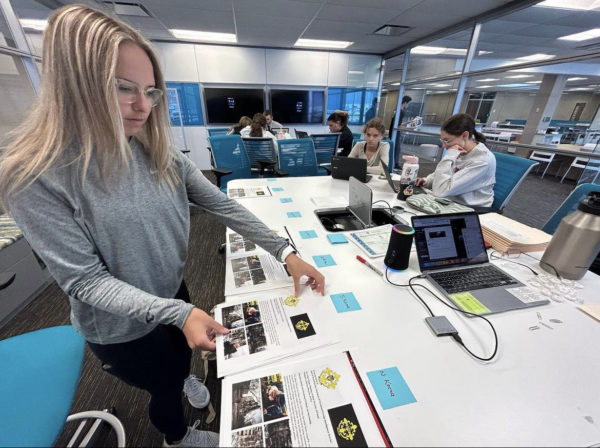
Mentor’s GenYes tech students, under Mrs. Lisa Ford, also significantly contributed to the conference. The GenYes team was able to create videos for each of the 13 crises presented at the conference, serving as actors for the scenarios as well. They also designed documents to mimic news reports, intercepted messages, and other pieces of evidence to better allow cabinets to understand their crises. Our Cardinal Catering students were additionally able to provide a snack cart that sporadically made rounds across the cabinets to feed our tired, hungry, and feisty delegates during sessions.
The conference came to a close with the awards ceremony, where delegates from each cabinet were awarded for their outstanding performance during the weekend. Of course, without the delegates and their advisors in attendance, the conference would not have been possible. We hope that everyone will be joining us again for MHSMUN VIII next year!
Congratulations to all of our MHSMUN VII Award Winners!
Russia
Best Delegate – Sophie Eldridge, Archbishop Hoban
Outstanding Delegate – Brooke Davis, Laurel
Honorable Mention – Brian Bulgrin, Archbishop Hoban
Ukraine
Best Delegate – Fitzwilliam Lokiec, St. Ignatius
Outstanding Delegate – Abigail Zackasee, Archbishop Hoban
Honorable Mention – Justin Fahnestock, Lakeside
China
Best Delegate – Lukas Kucera, St. Edward
Outstanding Delegate – Travis Ball, Archbishop Hoban
Honorable Mention – Jack Printz, St. Ignatius
USA
Best Delegate – Julian Wilcox, Archbishop Hoban
Outstanding Delegate – Andy Scott, St. Edward
Honorable Mention – Baird Bracken, St. Edward
North Korea
Best Delegate – Grady Schulz, Madison
Outstanding Delegate – Mya Jaber, Revere
Honorable Mention – Jaxon Lang, Archbishop Hoban
South Korea
Best Delegate – Drew McMaken, St. Edward
Outstanding Delegate – Saumya Sharma, Revere
Honorable Mention – Max Braun, Revere
Iran
Best Delegate – Rohan Jhaveri, St. Ignatius
Outstanding Delegate – Erica Leslie, Archbishop Hoban
Honorable Mention – Samuel Cruikshank, St. Edward
Israel
Best Delegate – Alyssa Garfinkle, Archbishop Hoban
Outstanding Delegate – Matthew Muntean, St. Ignatius
Honorable Mention – Gabriel Amsih, St. Ignatius



